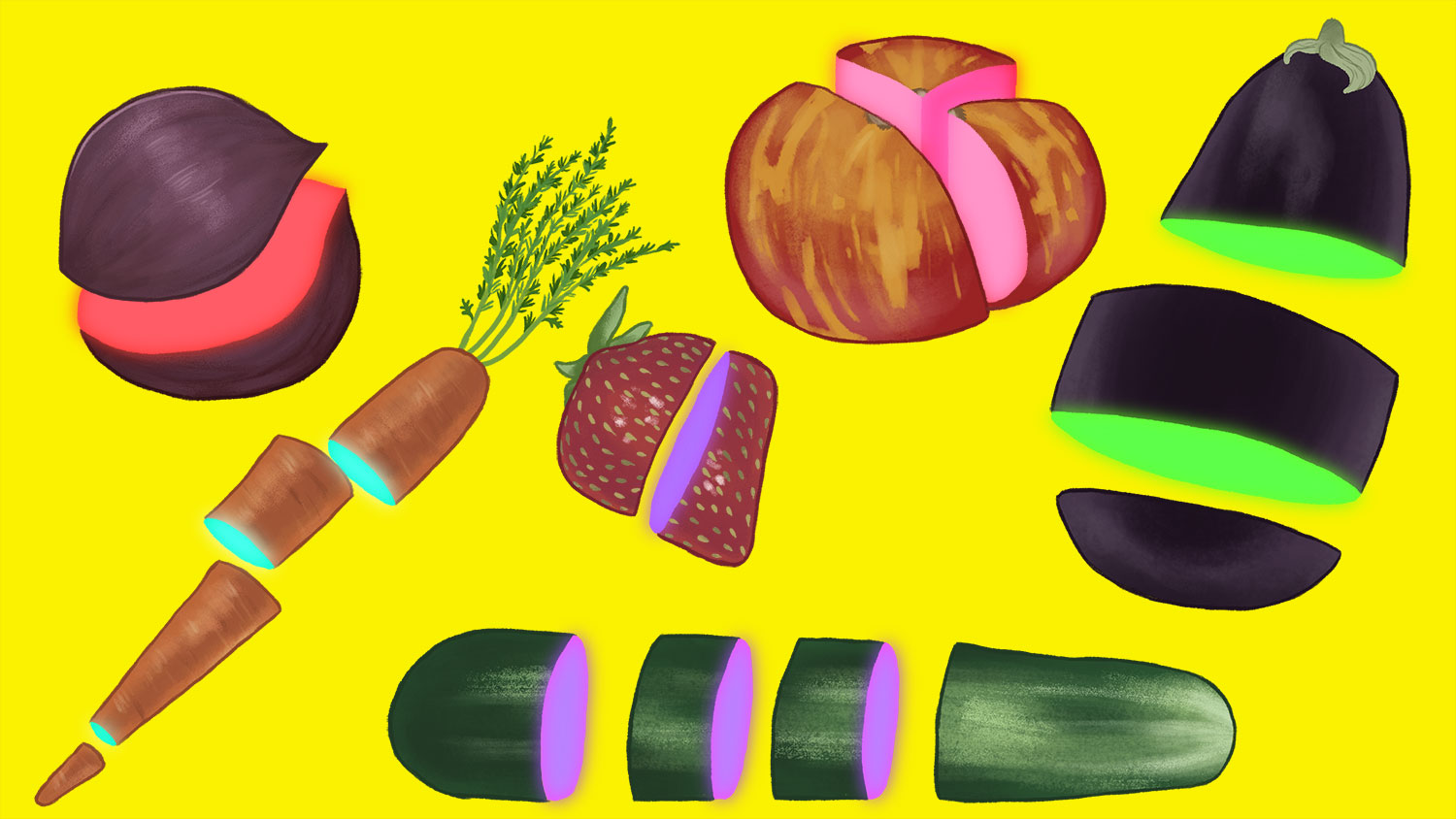Panic-free GMOs

In This Series
-
Promiscuous corn can be made to behave — as long as you don’t expect perfection
Farmers have a slew of tools they can use to keep GMO grain separate from traditional crops. But none of them will deliver absolute, 100-percent results.
-
Playing the field: Corn likes to sleep around — and that makes it hard to control GMOs
Pollen spreads, so GMO genes get around. That's everyone's problem -- whether you like your farming organic or industrial.
-
GMO labeling: Trick or treat?
Many of the arguments against Washington state's GMO labeling initiative make sense. Here's why, despite that, it should pass.
-
A 16th-century Dutchman can tell us everything we need to know about GMO patents
Today's agribusiness patent holders have locked out innovation. The annals of maritime exploration offer a way out. Really!
-
Soil proprietor: Do GMOs promote dirt conservation?
Genetically engineered crops are supposed to make it easier for farmers to protect the earth by plowing less. But the record is spotty.
-
Roundup-ready, aim, spray: How GM crops lead to herbicide addiction
Herbicide-resistant crops make it easy for farmers to rely on hefty quantities of weedkiller. Then the weeds evolve, and we have to up the ante.
-
In the insecticide wars, GMOs have so far been a force for good
Plants engineered to produce their own bug-killing toxins really have helped farmers cut the use of nastier chemical insecticides.
-
Are GMOs worth their weight in gold? To farmers, not exactly
Biotech seeds cost more and often return less than conventional crops or organic farming. But they do give farmers a kind of safety net.
-
Golden apple or forbidden fruit? Following the money on GMOs
Surprise! When it comes to assessing who benefits the most from gene-splicing technology in food farming -- corporations? farmers? us? -- there's no consensus.








